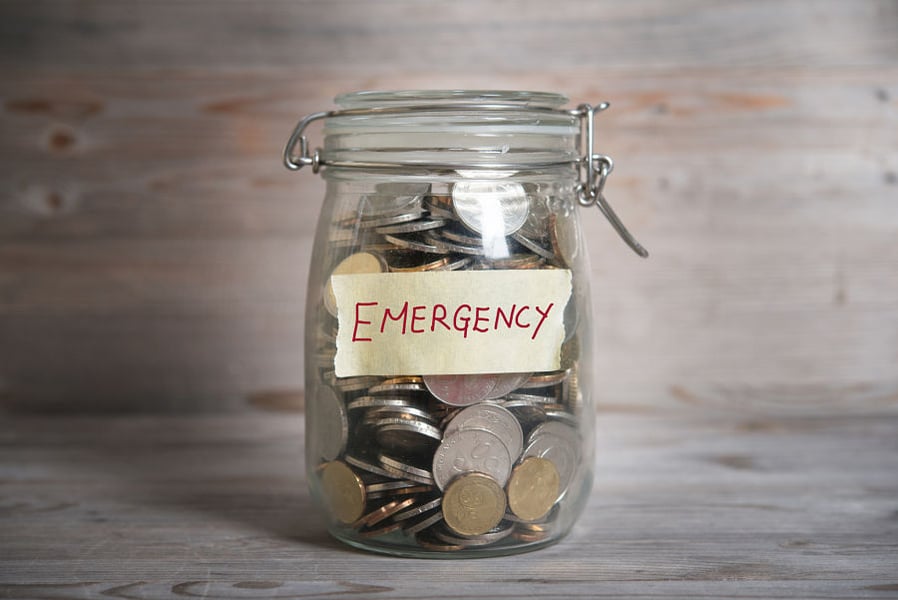

Most people who have taken emergency withdrawals from their 401(k) plans amid the pandemic do not plan to repay their accounts, according to a report published this week.
That will likely have a lasting effect on retirement savings for those workers, nearly 70% of whom said they will not pay back any portion of the distributions they took under the CARES Act, according to data from Principal Financial Services. Just 13% of people who took such distributions said they plan to pay themselves back within three years of receiving the money, as allowed by the law. Another 18% said they planned to partially replenish their accounts.
Further, data from several new surveys show that people are increasingly looking at their 401(k)s as a source of emergency funding, and many say they face grim financial circumstances because of the pandemic.
An estimated 6% of defined-contribution plan participants took CARES Act distributions, with the average amount being $17,000 and the median at $8,400, according to Principal’s survey earlier this month of nearly 1,500 people. Of those who took distributions, 78% were withdrawals and 22% were loans.
Last year’s CARES Act allowed retirement plan participants to take early withdrawals without the usual 10% penalty on top of normal taxes. The law also doubled the amount of permissible loans, at up to $100,000.
Seventy-six percent of people Principal surveyed said the pandemic affected them financially, including through layoffs or furloughs for themselves or someone in the household. The majority of people who took CARES Act distributions said they used the money to pay for essentials, including mortgage or rent, debt payment, car loans or medical expenses, that survey found.
More than half, 53%, of millennials and Gen Xers in a recent survey by PricewaterhouseCoopers said they anticipate tapping into their 401(k)s for non-retirement expenses. That percent has trended up for years — in 2014, only about 30% of people in those generations said they would likely pull money early from 401(k)s, according to the report.
A common message that retirement industry professionals have said the pandemic has made clear is the need for more emergency savings. Such accounts can be provided by the same companies that administer 401(k)s, either inside or outside of plans.
Results of a separate survey published today by Nationwide show that 37% of people said they have or are likely to take money out of their 401(k)s early because of the pandemic. More than a quarter of people said they have stopped saving for retirement, with about half of those being due to recent job loss. Another 12% said they now plan to retire later than anticipated, and 7% said they likely will never be financially prepared to retire, that survey found. The figures are based on responses earlier this month from 3,000 U.S. adults surveyed by The Harris Poll.

Blue Anchor Capital Management and Pickett also purchased “highly aggressive and volatile” securities, according to the order.

Reshuffle provides strong indication of where the regulator's priorities now lie.

Goldman Sachs Asset Management report reveals sharpened focus on annuities.

Ahead of Father's Day, InvestmentNews speaks with Andrew Crowell.

Cerulli research finds nearly two-thirds of active retirement plan participants are unadvised, opening a potential engagement opportunity.
Barely a decade old, registered index-linked annuities have quickly surged in popularity, thanks to their unique blend of protection and growth potential—an appealing option for investors looking to chart a steadier course through today’s choppy market waters, says Myles Lambert, Brighthouse Financial.
How intelliflo aims to solve advisors' top tech headaches—without sacrificing the personal touch clients crave
